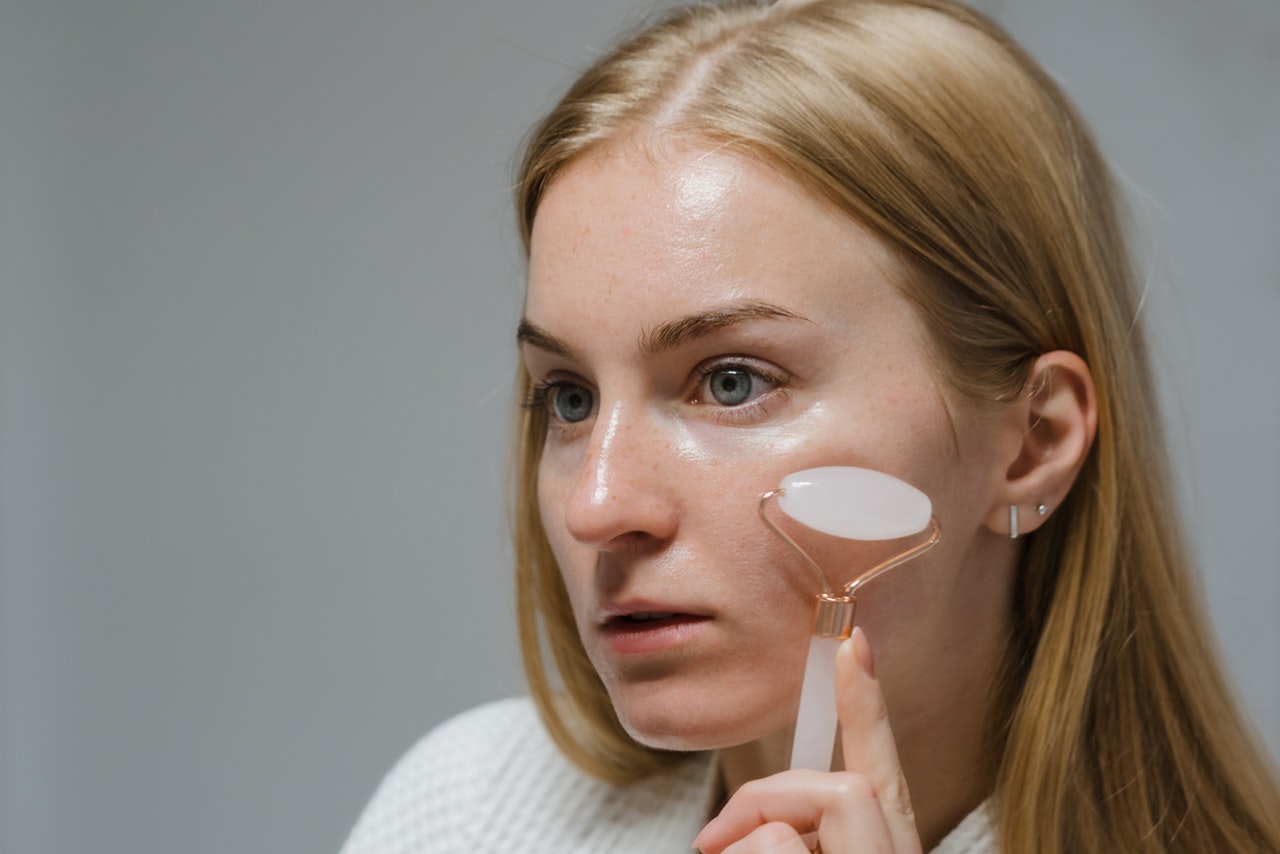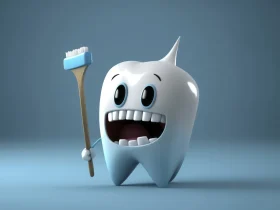When you are 20 your skin is radiant, soft, toned, silky, full of life and healthy. Then due to skin aging the situation changes, but with natural hormones we can do something.
The skin locally produces significant amounts of hormones.
Trophism, vitality and skin tone depend heavily on hormones. This is why when you are 20 your skin is radiant, soft, toned, silky, full of life and healthy. Then due to skin aging the situation changes, but with natural hormones we can do something.
It is therefore not surprising how, with menopause, when there is a sharp drop in hormone levels, skin changes occur and skin aging is significantly accelerated. Clinic like hghtherapydoctor.us working fine in this field.
Hormone modulation therapy with bioidentical natural hormones locally (such as serum or cream) or general (such as micronized oral tablets or transgel) can protect the skin and improve skin aging.
A personalized formulation of bioidentical natural hormones in the form of a serum, face, eye or body cream can be an extraordinary tool for locally counteracting the effects of these hormonal deficiencies.
Let’s now look at the effects on the skin of deficiencies in the main hormones.
Estrogen and skin
In the skin, estrogen, by increasing the production of collagen in the skin, serves to maintain epidermal thickness and to allow the skin to remain toned, hydrated and wrinkle-free.
Estriol plays a decisive role in maintaining the trophism of the mucous membranes, the vagina and also the elasticity of the skin.
Basically, estrogen helps the skin and hair to stay young and feminine.
The estrogen deficiency that occurs with aging promotes:
- wrinkles on the face, so-called “crow’s feet”,
- small wrinkles around the mouth, called “bar code”,
- dryness,
- atrophy with thinning of the skin and shrinkage the content of skin collagen,
- hair loss
- difficulty in wound healing
- capillary fragility
- decrease in the barrier effect of the skin
Progesterone and the skin
Progesterone strengthens the connective tissue and is responsible for the remodeling of collagen.
The progesterone deficiency that occurs with aging promotes:
- loss of tone
- loss of trophism
- loss of elasticity
- hair loss
Thyroid hormones and skin
It is known that thyroid hormones are the engine of the organism, which supplies energy to all cells, and therefore also to the skin and hair.
Thyroid hormones regulate oxygen consumption, hair growth, protein synthesis and sebaceous secretion and are involved in maintaining
- Hypothyroidism:
- dry skin,
- cold skin,
- seborrheic skin,
- myxedema,
- hair and/or hair loss,
- brittle nails,
- yellowish-gray or pale complexion
Hyperthyroidism:
- hot skin,
- sweaty skin,
- red skin
Melatonin and skin
Melatonin is involved in numerous skin functions such as the hair growth cycle, pigmentation, melanoma control.
It is possible to prepare customized formulations of bioidentical natural hormones and cofactors (which improve their action and their absorption) which can be applied locally as creams or serums and which determine surprising results.
It is always advisable to evaluate the general hormone levels, even if these formulations are prepared not to have a general effect but only on the skin.
There is nothing wrong with trying to keep the skin young, without extremes and wanting to “change” your appearance in an invasive way.
It is important to “like yourself” for your personal well-being and the will to live.
The use of bioidentical hormones topically is a professional tool of sure efficacy.








Leave a Reply